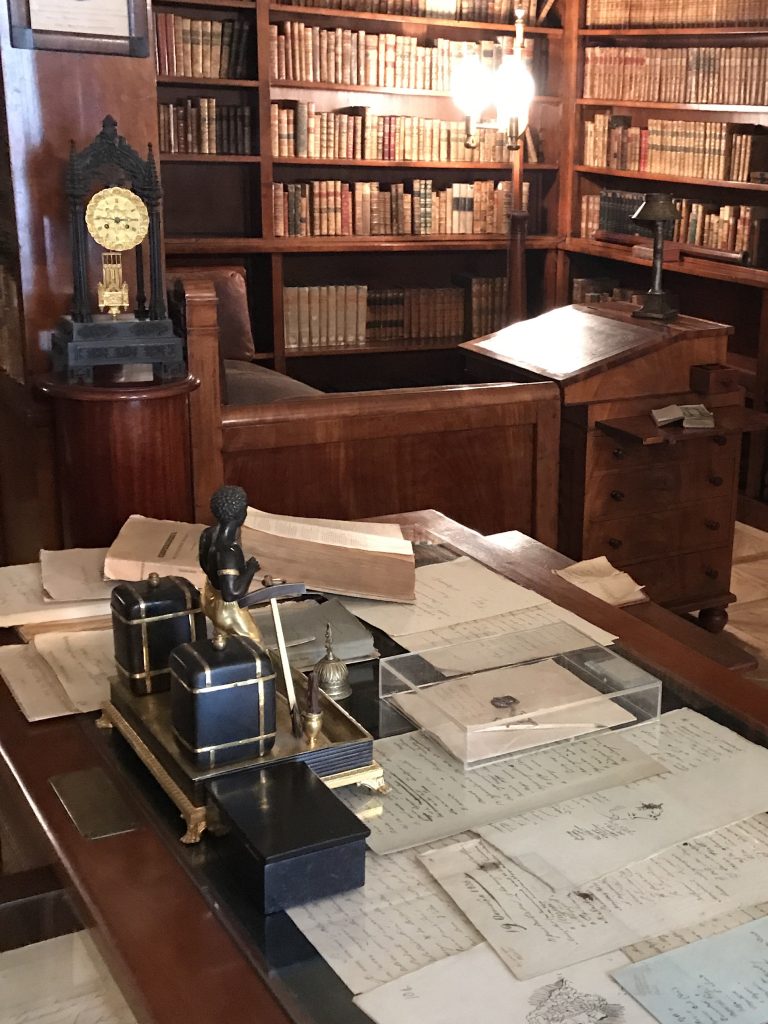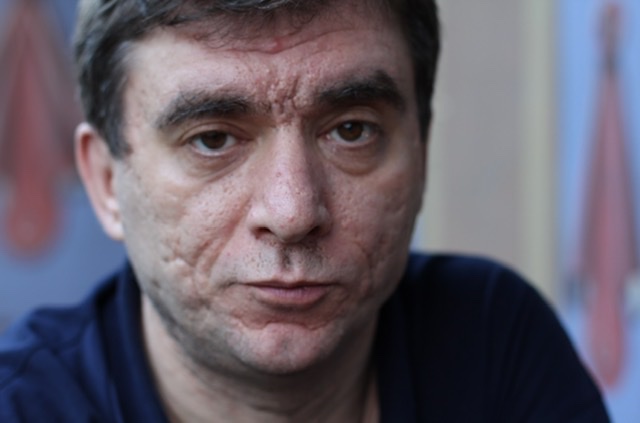Pavel Gelman, writer, screenwriter, author of tv series shares his views with Art Decision about the art of writing.
“The Writer’s Prayer:
Thank you, Lord, for giving me good. I made evil out of your good again, but You gave my evil an aesthetic appearance, which allowed me to write about it.
***
“A sorrow of an unlikely nature:
the Almighty leaves no doubt that He is present, as well as leaving no doubts that He will never make his instructions to you known.”
***
“E.Cioran states that amateurs are more sensitive to shades than professionals. Might be true, professionals primarily pay attention to coarser things – the structure, the skeleton.”
***
“Life Hack
“The author of a dystopia always believes that he has a just goal – to prevent a dystopia from materialising into reality. But positive psychology states the reverse: what you focus on, that is what happens. One author believed in positive psychology and started to look for balance – he wrote one dystopia and ten good fairy tales. He could not completely give up on dystopia…”

***
Do not say – I am in trouble. Say – I am participating in an experiment. Then, everything still hurts but it is already interesting.”
***
“Time, of course, heals all, but you cannot come to an agreement about it in advance.”
***
“Mistakes in creativity – are the fruits of love.”
***
“If one was to recall their childhood condition, the game, then there are three important moments. Important for understanding the nature of creativity, imagination.
- The child fully lives in the moment. He does not concern himself about the past or the future. And here is an interesting moment – creativity occurs when you are totally in the present. You are here and now, and you are using for creativity, that which is here and now.
- Childhood is a time of irresponsibility. To not have any responsibilities, to be freed from striving for perfection is a crucial moment in creativity. One may be a hooligan. One may just make up anything.
- The child perceives the world totally, holistically, with their whole being. There is no situation where the mind says one thing, while the feelings say another. Totality. And this is a crucial quality – it is creative.”
***
“The author is omnipotent. He can take any theme, any character, any era and formulate a text about them. But the author may fall ill transfering this “omnipotenence” into his own personal life. The author is undermined by the illusion that he himself can be everything. Any of his own characters – a saint, a hero, a merchant, a cynic… But he cannot.”
***
“What is drama? He (she) did SOMETHING, which resulted in SOMETHING happening. The drama shows the cause and effect. A new drama is only a new, formerly unexplored, relationship between the reasons and the consequences. The duty of the playwright: to enrich the knowledge of mankind about causes and effects. A cliché is the interaction of cause and effect, which we have already seen a thousand times. That is it.”
***
“The feeling of being cramped, cramped with oneself – this feeling may and pushes the author to compose.”

